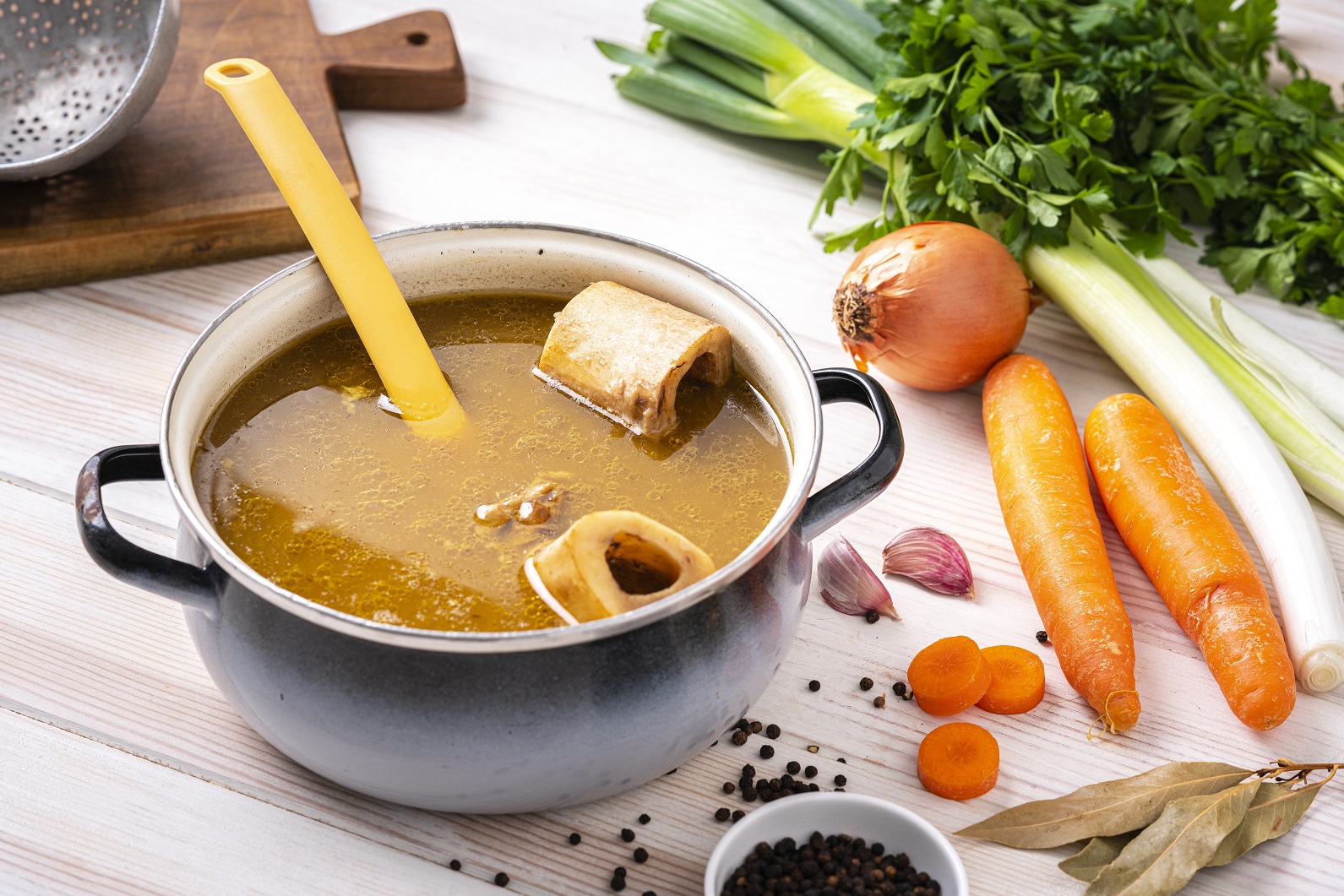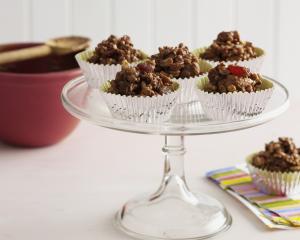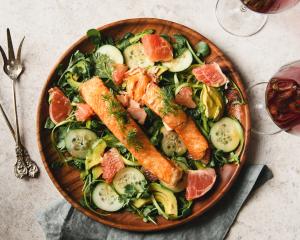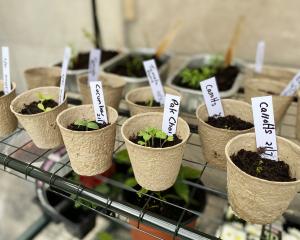
If this is a reoccurring issue, the general solution is simply removing the tonsils and adenoids. However, this doesn’t address the underlying cause, writes Deanna Copland.

The tonsils produce white blood cells and antibodies to fight infections. The adenoids also help to fight off infections and maintain a strong immune system. These both reduce in size post-puberty, suggesting they play an important role in a developing immune system. There are many issues linked to enlarged tonsils and adenoids including:
• Ear infections, glue ear, sore throats and tonsillitis.
• Sleep issues, ranging from snoring to sleep apnoea, grinding teeth, sleep-talking, sleep-walking or a generally restless sleep.
• Speech delay.
• Problems with learning, concentration and behaviour.
Fussy eating
As a naturopath, there are some main steps to consider when working with swollen tonsils and adenoids.
1. Determine the cause of inflammation, i.e. food intolerances, environmental allergies. A dairy-free diet will often be trialled but this should be done under the guidance of a naturopath/nutritionist or dietitian. Environment also needs to be explored - damp homes, mould and dust can all drive inflammation in the body.
2. Build immune tolerance. By supporting the immune system, you can help your child to tolerate a variety of food and environmental substances without it leading to inflammation. Probiotics (supplemented beneficial bacteria) to support gut health and playing in nature and, specifically, soil can be beneficial. Unfortunately, antibiotics clear out the "good" and "bad" bugs, negatively impacting this balance, so following any course of antibiotics with a probiotic is recommended. Herbs such as thyme and marshmallow are often recommended. Being out in the sun and fresh air, with ears covered, can be helpful. Vitamin D, made when the sun is directly on skin in the summer months is especially important for immune tolerance. About 10 minutes a day, early in the morning can be enough for most kids.
3. Heal the gut. It is important to reduce inflammation by healing the gut. This often means reducing inflammatory foods such as gluten/dairy and sugar and exploring additives such as emulsifiers. Gelatin, bone broth (see info below), collagen, slippery elm, zinc and glutamine are often used to support gut integrity for wellbeing. Again, this is best with the support of a trained professional in nutrition.
Assessing oral function is also important. Enlarged tonsils can cause children to become mouth breathers, which is turn can increase local inflammation. Mouth breathing can also be problematic for sleep issues, including bed wetting. An oral myofascial therapist is the health professional who is trained in this area.
Broth overview
What is a broth? A flavourful liquid prepared by simmering the bones of meat, poultry, fish and or vegetables in liquid (usually water) with aromatics (herbs or spices) until their flavour is extracted. Broths and stocks are very similar - stocks are usually cooked for a shorter period and used as a base in cooking; broths are typically cooked longer to extract the gelatin and may contain other nutrient-rich ingredients, for health benefits. If you have a particularly allergenic child, i.e. eczema, use a pressure cooker to make broth, in order to reduce the histamine content. You can boost your broth with the addition of shiitake mushrooms, garlic, ginger, turmeric or seaweeds, which all have further immune-supporting activity.
Types of broth
Meat-based broth
Contain gelatin, a protein derived from collagen that has gut healing qualities. They typically cook longer, therefore you would cut your veggies into large chunks. You typically use less vegetables than vegetable broth, to bring out the flavour of the meat. If making beef broth, best if bones are roasted first.
Cook for 8-24 hours. Chicken stock – at least 2 hours, up to about 8 (if longer, the bones begin to break down).
Fish broth
Also contains gelatin. Cook for only about 30 minutes to 1 hour
Vegetable Broth
Do not contain gelatin, but still contain the vitamins and minerals from the vegetables, plus the medicinal qualities of the plant, e.g. immune supporting mushrooms and garlic, anti-inflammatory turmeric and ginger. They usually cook between 60-90 minutes.












